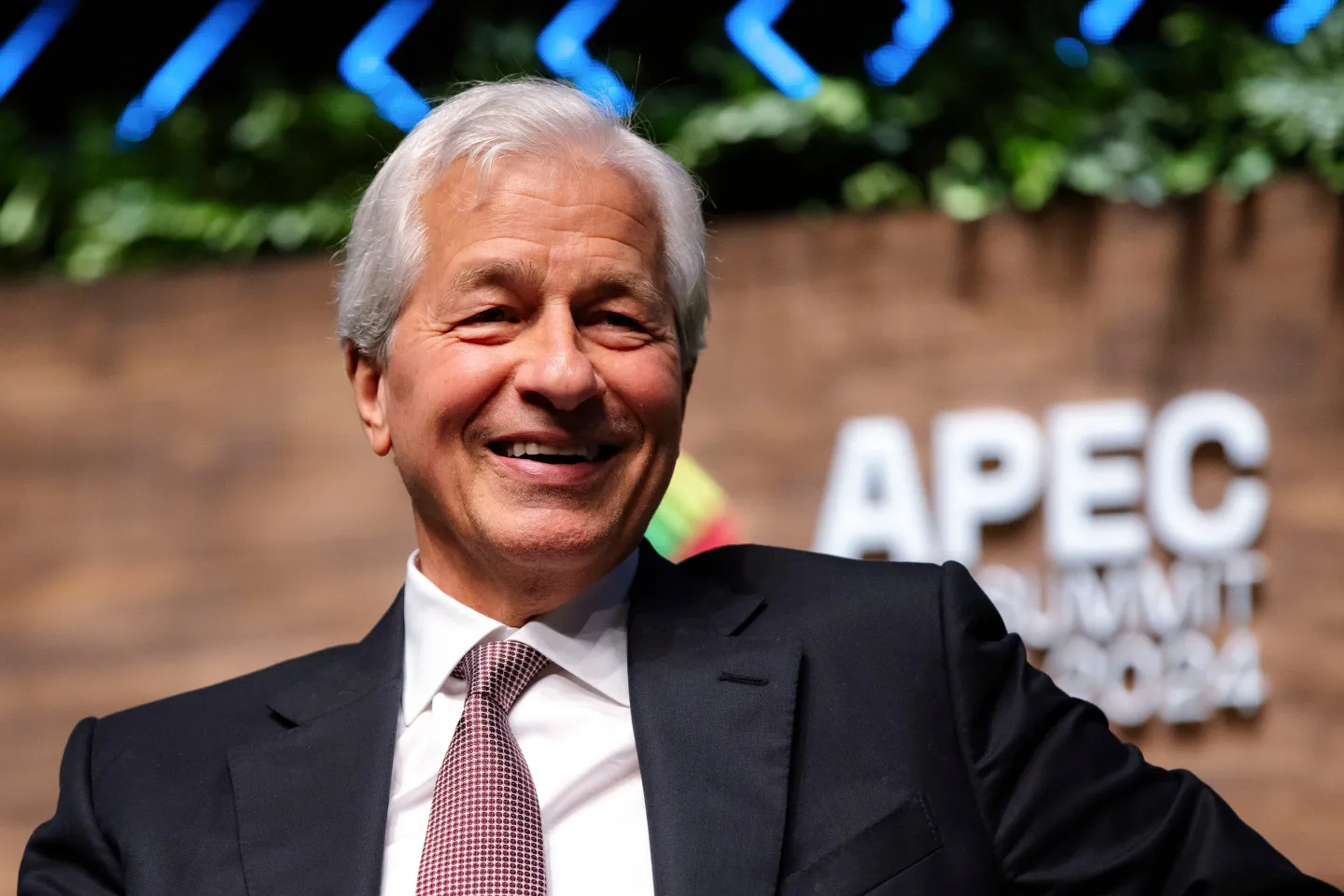Nestlé, one of the world’s largest food and beverage companies, has acknowledged that its recent price increases have placed undue strain on consumers, leading to a decline in customer loyalty and sales. In a candid admission, Nestlé Chairman Paul Bulcke stated that the company’s pricing strategy may have gone beyond acceptable limits, alienating consumers grappling with rising living costs.
Speaking at a financial briefing, Bulcke highlighted the challenges faced by the company in balancing profitability with consumer affordability. “We went too far in passing on costs to our consumers,” he admitted, adding that while the company aimed to offset soaring production and raw material expenses, the strategy inadvertently drove some customers away.
Rising Costs and Higher Prices
Nestlé has implemented multiple price hikes over the past two years, citing inflationary pressures, including increased costs for ingredients, transportation, and energy. According to financial reports, the company raised its prices by an average of 7.5% in 2023 and continued to increase them in 2024 to protect margins. While these measures stabilized Nestlé’s profitability, they exacerbated affordability issues for consumers already facing economic hardships.
Analysts point out that Nestlé’s approach reflects a broader trend among consumer goods companies, many of which have struggled to maintain profits amid global inflation. However, the extent of Nestlé’s increases appears to have pushed the boundaries of consumer tolerance, particularly in essential categories like baby food, coffee, and dairy products.
Consumer Backlash
The steep price increases have not gone unnoticed by consumers. Market research reveals that customers have shifted their purchasing habits, opting for private-label brands and discount products instead of Nestlé’s premium offerings. Sales volumes across several of Nestlé’s flagship products, including KitKat, Nescafé, and Maggi noodles, have reportedly declined.
“I’ve had to stop buying some of my favorite Nestlé products because they’ve become too expensive,” said a shopper in London. “It’s frustrating, especially when there are cheaper alternatives available.”
Bulcke acknowledged these consumer sentiments, noting that the company must address the issue. “We cannot ignore the voice of our customers. If affordability becomes a barrier, it impacts not just them but us as well. Trust and loyalty are difficult to rebuild once lost,” he said.
Reevaluating Strategy
In light of the backlash, Nestlé is now reassessing its pricing strategy. The company has pledged to moderate future price increases and explore cost-cutting measures that do not directly affect consumers. CEO Mark Schneider added that Nestlé would focus on increasing operational efficiency and reducing expenses in its supply chain to mitigate the need for price hikes.
“Nestlé is committed to delivering value without overburdening our customers. Moving forward, we’ll adopt a more consumer-centric approach,” Schneider stated during the briefing.
Economic Context and Industry Implications
Nestlé’s admission comes as inflation rates begin to ease in many regions, providing an opportunity for companies to stabilize prices. However, rebuilding consumer trust may take time, especially in competitive markets where alternatives are readily available.
The development also underscores a larger issue for multinational corporations: how to navigate inflation without alienating their customer base. Analysts warn that Nestlé’s experience serves as a cautionary tale for other companies tempted to pass on costs too aggressively.
“Companies must strike a careful balance between sustaining profitability and maintaining customer loyalty,” said Fiona Cummings, a market analyst with Global Consumer Trends. “Once consumers perceive that they’re being taken advantage of, it’s hard to win them back.”
As Nestlé works to recalibrate its strategy, it faces a challenging path. Restoring consumer confidence while navigating volatile economic conditions will require innovation, transparency, and a renewed focus on value.
Bulcke concluded his address with a commitment to restoring balance: “Nestlé’s mission has always been to enhance quality of life. We must ensure that our actions align with this principle, even in challenging times.”
The company’s next steps will be closely watched by both industry peers and consumers, as they may set the tone for how global brands adapt to economic pressures in an increasingly cost-conscious world.








